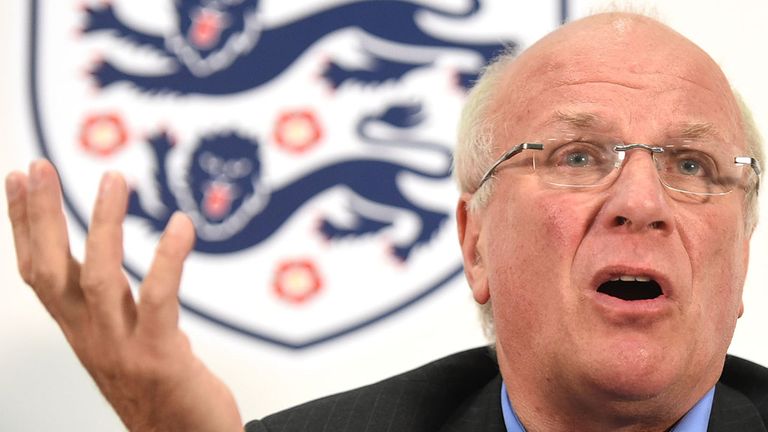FA's new rules on work permits will make it harder for non-EU players to come to UK
Friday 1 May 2015 10:08, UK
The Football Association’s changes to the work permit regulations that will make it harder for non-EU players to come to the UK came into force on Friday.
The aim of the changes, which have the support of the Home Office, is that home-grown players will get more opportunities to play and make it harder for what FA chairman Greg Dyke called "bog standard" players to get a work permit.
Although they come into force on Friday, they will really kick in when the summer transfer window opens on June 10.
The previous system meant non-EU players had to play 75 per cent of their country's competitive matches over the last two years - if the country was in the top 70 of the FIFA rankings.
Players from top countries only need to have played 30 per cent of international matches.
But there is a sliding scale to make things more difficult for players from lower-ranked countries - they will need to have played a higher percentage of international games.
And the threshold for automatically qualifying for a work permit has tightened - from the top 70 countries to the top 50.
It is estimated that 42 signings in the Premier League and the Football League over the last five years would not have met the new criteria - roughly 33 per cent.


